Located not too far away from the Abuja city centre, Waru is yet far from the city in terms of amenities and development, situated in Apo village, the community has a total population of approximately one million residents, densely populated by non-indigenes comprising of Igbos, Yorubas and other tribes. In this feature report, EMMANUEL EKO examines the dilapidated state of the only road that leads to the community.
For any economy to develop, distribution and consumption must increase. It is an obvious fact that without good road networks, distribution and consumption cannot increase, even if population keeps growing. The number of rural poor in Nigeria keeps soaring because they do not have access to good road.
The presence of roads in rural areas increase the mobility of labour and materials, thus increasing the domain of rural livelihood beyond the rural production boundary.Movement of farm produce from farm to urban areas and other locations is also mostly done by road. But badly rutted and muddy roads increase the cost of transporting agricultural materials and farm workers to farm as well as the movement of farm produce to market.
Analysts note that roads, being the primary mode of transportation, therefore, ought to be the most important of all public assets. However, some residents of Waru have expressed concern over what they described as abandoned road projects across the area which has threatened the pace of its development. The settlement is a slum in Garki, Abuja Municipal Area Council of the Federal Capital Territory (FCT).
A recent trip by our correspondent to Waru revealed that the roads, unlike those in the metropolis, had been completely abandoned. Findings by our Reporter revealed that despite its closeness to the seat of power, people in Waru live in squalor and dehumanising conditions due to lack of motorable road networks, a development that casts doubts on the role of government(s).
Residents who ply these roads are more or less on their own as they continue to live with the sad experience of plying the bad roads, whose conditions are usually aggravated during the rainy season. Residents often struggle on the water-logged areas and roads that are not motorable.
The Indigenes and non-indigenes are seeking the intervention of the Chairman, Abuja Municipal Area Council, Hon. Christopher Maikalangu in the area of road infrastructure, as motorists find it very difficult to ply the road during rainy season.
During the dry season, residents of the area struggle with dusty roads which can lead to a major public health challenge, such as upper respiratory tract infection caused by exposure to dust.
“Residents of Waru and environs are going through untold stress due to the nature of the road, and the surroundings have become an illegal dumpsite for some persons.”
“The entire residents will be grateful to God and to Maikalangu if their appeal is granted, and it will be a huge relief for people living in this area, if a good road is constructed.”
According to a native of Waru, who is also a resident of the community, Mr. Zacharia Shekwonya, he said the people would want to join others who had benefitted from the Maikalangu-led administration in terms of road construction. Shekwonya said the greatest challenge facing the community was the impassable condition of the only road leading into the community.
He is therefore appealing to the Chairman, Abuja Municipal Area Council, Hon. Christopher Zakka Maikalangu, international donors, groups and agencies and wealthy individuals to join hands with the council in tackling the problem.





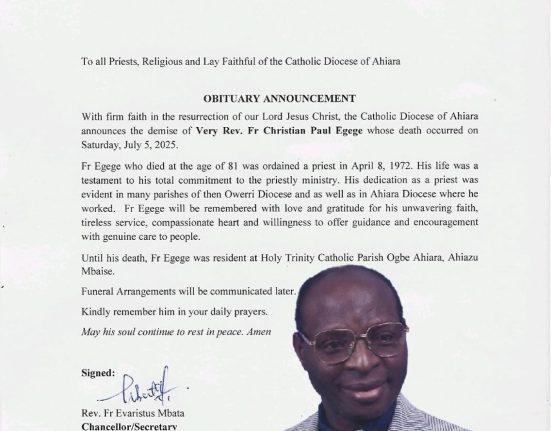
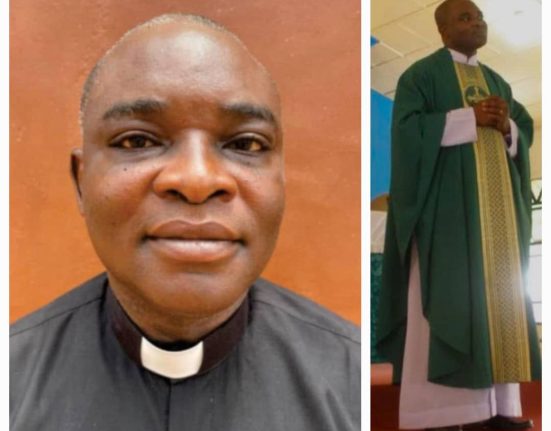
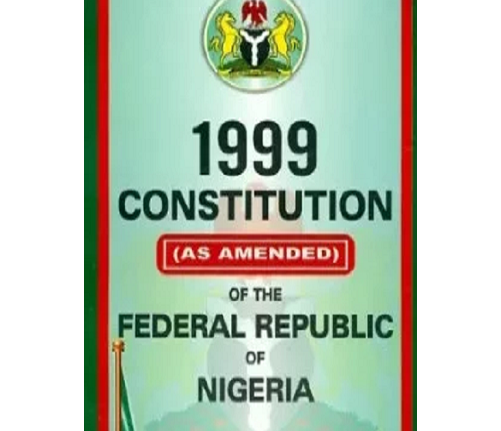
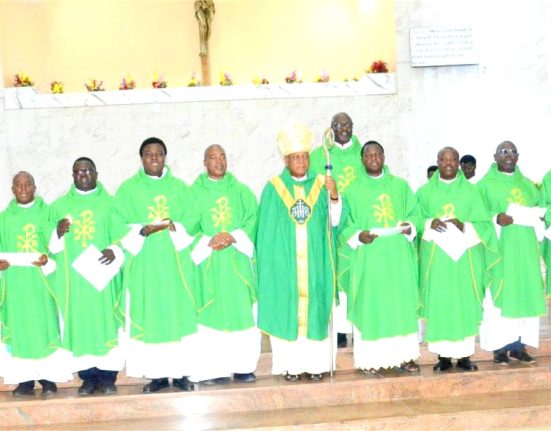
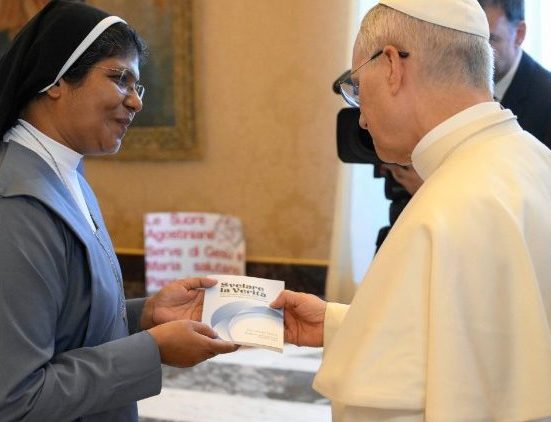
Leave feedback about this